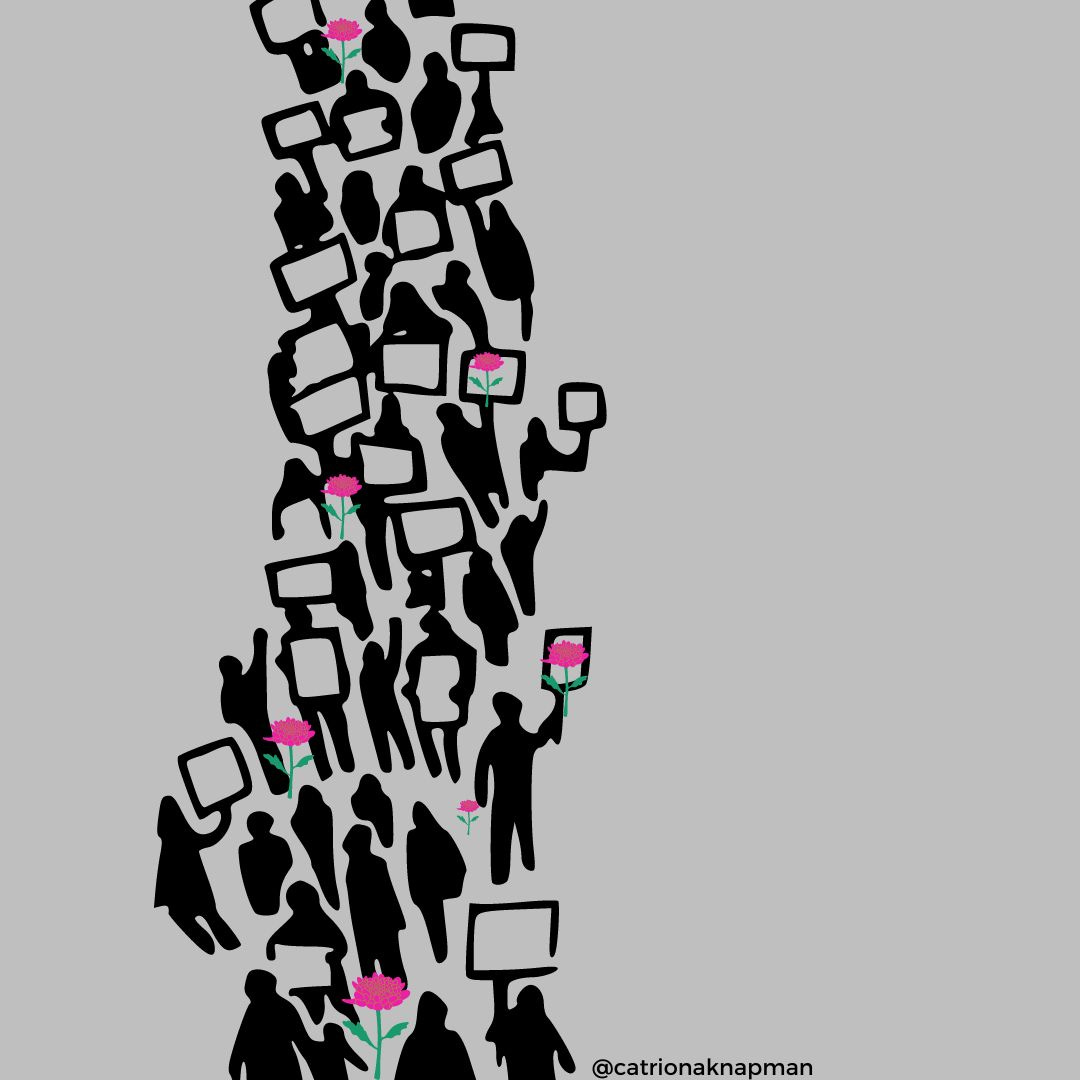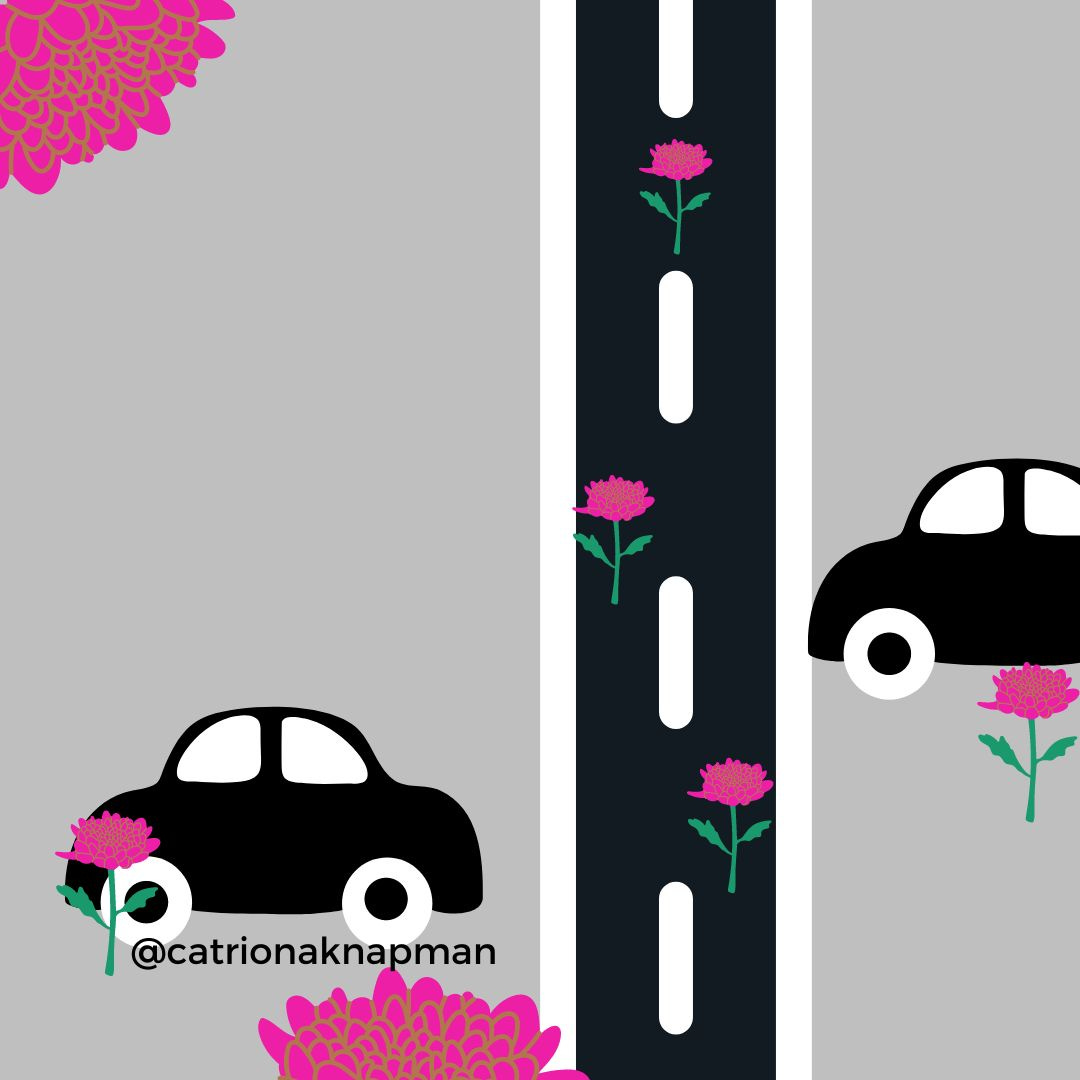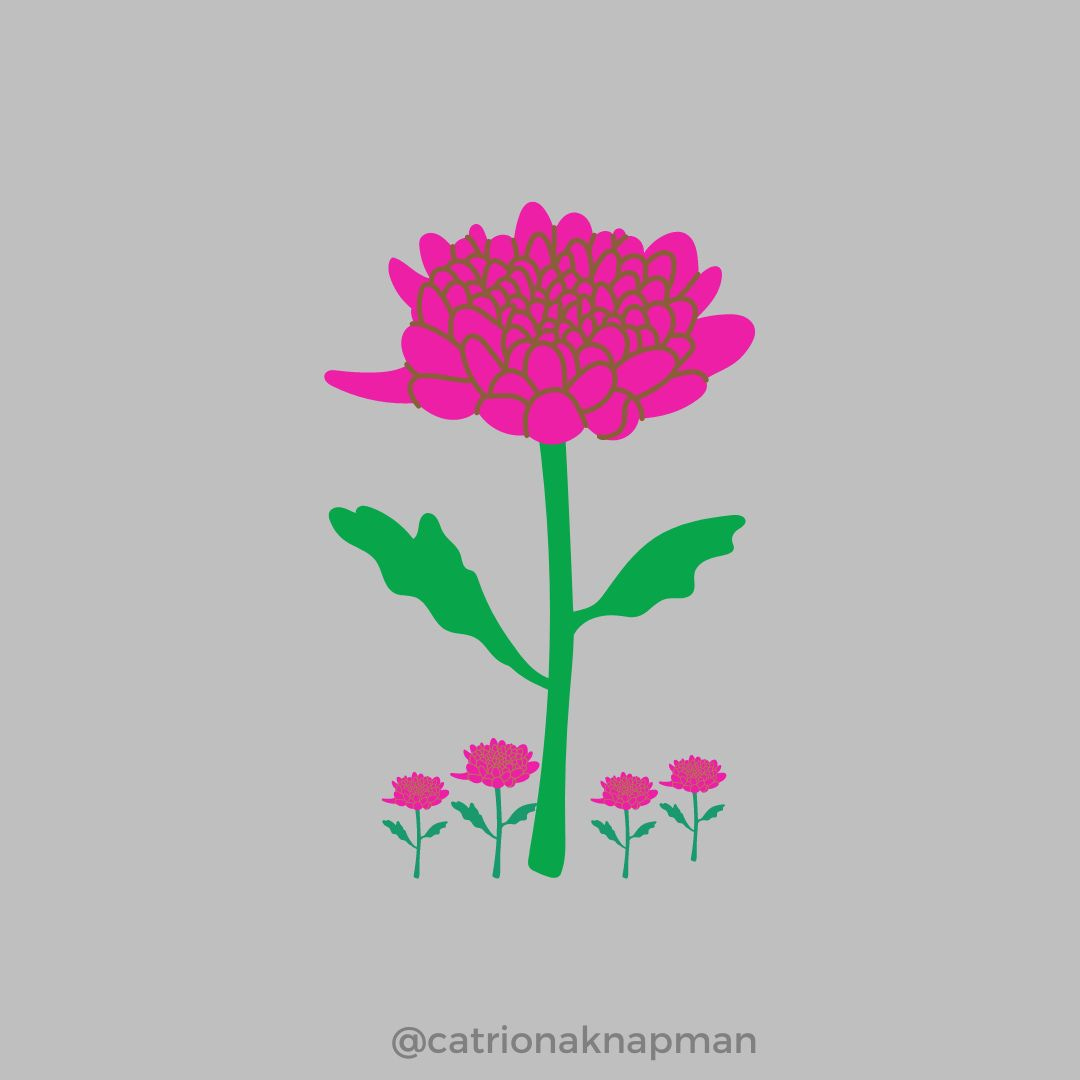Hello friends,
Thank you for being here. If you are new here, welcome. If you are returning, welcome back. Thank you for showing up and joining me. I am grateful you are on this journey with me.
It has been a couple of weeks since I have posted, as I have been travelling and out of my usual routines, which led me to (unintentionally) rest. And a mix of rest and reflections about my motivations for starting this newsletter led me to today’s piece.
Today, we are visiting Egypt, where I moved in 2012, a year after the Arab Spring.
I had just finished my Masters, couldn’t find a job and I had some personal reasons for wanting to know Egypt better. During that time, as I searched for full-time work, I was a freelance researcher and writer, interviewing activists and academics about a country in change
For the first article I wrote, I talked with urban gardeners and food producers, who were, following the political revolution in Egypt, creating their own green one. They aimed to build community-level food security and a cleaner environment by employing a range of traditional and modern agricultural practices.
This took place against the backdrop of post-revolution Egypt, where food security was a matter of Parliamentary debate and citizen-led change still fresh in the air.
I particularly remember a man from this interview series, who had made it his mission to plant a garden in a dusty stretch of pavement in the very urban neighbourhood of Heliopolis in Cairo. Cars passed on either side of the road, in the centre of which was a flowerbed, which he had planted with colourful flowers and date palms.
Supported by neighbours and volunteers, he dreamt of transforming Cairo’s dusty public spaces into beautiful areas, where nature and people could meet and spend time together. He saw this as a way of connecting people, to generate community discussion, as well as securing access to more nutritious food.
In particular, this man - who, as he calmly planted seeds into the soil, smiled and waved at neighbours - talked of revolution. He told me that revolution does not ensure deep-rooted systematic change.
He saw gardening as a way to teach people social responsibility at a micro-level, highlighting the relationship between the protection of the environment and the protection of human life and humanity. He was, in his way, connecting Egypt’s revolution to an environmental one. Tending to nature to build social consciousness and sustain political change.
When I look back at this moment in time, Egypt frenetic with change, I think often of this link between political revolution and environmental protection. As I think back too, on the past years, when lockdown forced many of us to take a closer look at our local neighbourhoods, I wonder how connection with nature inspires political change and vice versa.
In the modern world, nature can be revolutionary, according to its tendencies: rest, fallow periods, regeneration. All inspirations from nature which offer us ways to challenge a system built on frenetic production and busyness. Nature encourages us to be human, to claim our humanity and all the messiness that entails. Like sleeping, having bad days and just being, without achieving anything.
Unlike the images of Egypt’s revolution, which were war-like, violent, loud; the revolution this man was proposing, was quiet. It could almost pass unnoticed.
A man planting seeds. It doesn’t seem like systematic change. Yet when I look back, and with all I have learned about systems change since then, I think he had it right. Systems not only have to topple at the top, they need to be repaired and reimagined.
When I think of Egypt’s revolution and all that followed, I think now of one man, growing roses in the middle of the road. And I see that to build a system which supports and protects our natural world requires a revolution, but that doesn’t necessarily mean placards and protests.
Because once our dictators fall, we find ourselves holding all the tendencies which come from living under a dictator.
We find that it is not the dictator who had to change, but us.
Walk With Me
How do you tend to your tendencies, to live a little freer, or in more alignment with the world you want to see?
What does living in relationship to nature look like to you?








Ah Catriona, this is so beautiful, thank you. Very encouraging and motivating for me personally. I met my small piece of land this week. It's quite big actually, 3000 square metres. Maybe I should fill it with roses...🌹
Wow!!! As someone who always grew up in cities and spent most of my life in buildings, I notice my midlife is making me yearn for a closeness to everything natural. I crave trees, I crave walking barefoot on grass, I'm ditching expensive perfumes for less expensive essential oils, I want to fill my apartment with plants (despite not being a green thumb), I want to eat fruits instead of cookies! We come from nature, we want to keep going back to it. Thank you for writing this. This last bit is mindblowing: "Because once our dictators fall, we find ourselves holding all the tendencies which come from living under a dictator. We find that it is not the dictator who had to change, but us."